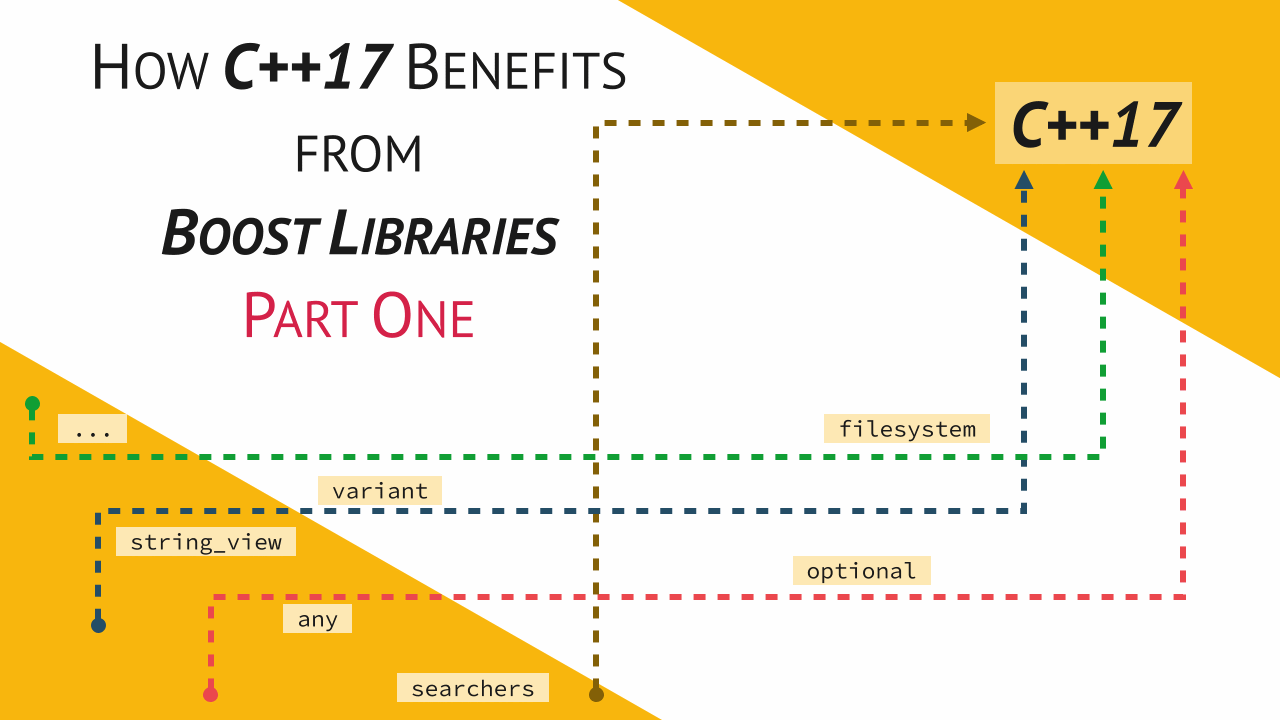C++ coroutines: Getting started with awaitable objects--Raymond Chen
So many possibilities!
C++ coroutines: Getting started with awaitable objects
by Raymond Chen
From the article:
Coroutines were added to C++20, and Lewis Baker has a nice introduction to them.
- Coroutine theory.
- Understanding operator co_await.
- Understanding the promise type.
But I’m going to write another one, taking a more practical approach: The least you need to know to accomplish various coroutine tasks...

 Did you know?
Did you know?